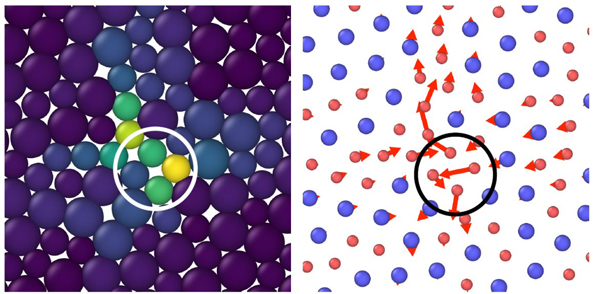2025-06-19 理化学研究所

図1 エチレンとチオエーテル官能基を有するプロピレンの共重合反応
<関連情報>
チオエーテル官能基化された自己修復性ポリオレフィンのフレキシブル導体への応用 Thioether-Functionalized Self-Healing Polyolefins for Flexible Conductors
Mingjun Chi,Lulu Sun,Masayoshi Nishiura,Lin Huang,Haoran Zhang,Yuji Higaki,Sunghoon Lee,Kenjiro Fukuda,Yanan Zhao,Takao Someya,and Zhaomin Hou
Journal of the American Chemical Society Published: June 16, 2025
DOI:https://doi.org/10.1021/jacs.5c06579
Abstract
The growing demand for flexible conductors in wearable electronics and soft robotics drives the need for elastomeric substrates with multiple functions, including robust mechanical properties, strong interfacial adhesion, and autonomous self-healing. Herein, we report a new class of polyolefin-based elastomers that address these multifaceted requirements. These materials are synthesized via a one-pot, scandium-catalyzed copolymerization of ethylene with thiophenyl-substituted propylenes in a sequence-controlled manner. By varying the substituents on the sulfur atom and the commoner feed ratio, the mechanical properties of the resulting copolymers can be finely tuned across a wide range. Remarkably, phenylthio-substituted copolymers exhibit high toughness, excellent elasticity, and intrinsic self-healing capability. Furthermore, these copolymers exhibit strong adhesion to gold nanoparticles due to the unique affinity between sulfur and gold. This interaction significantly enhances the durability of gold-coated copolymer conductors. This work underscores the potential of catalyst-controlled copolymerization of functionalized olefins for creating multifunctional polyolefin materials for flexible electronic applications.



